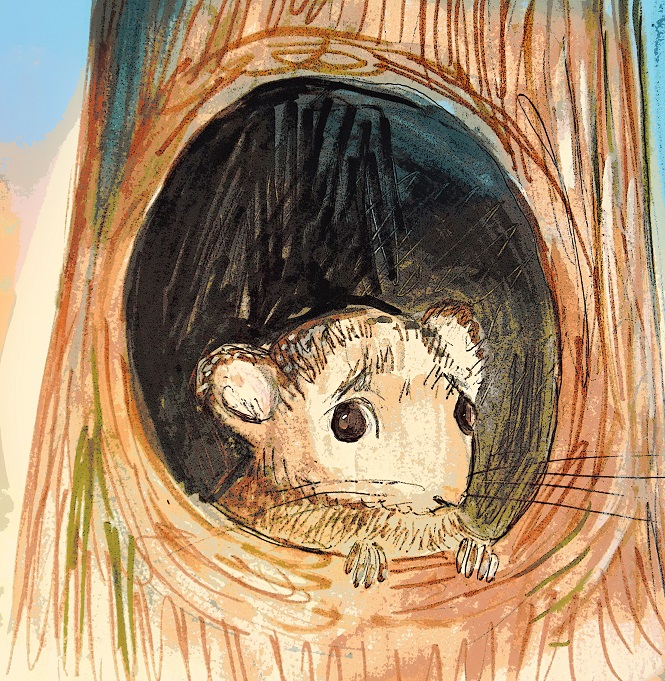Feeling Anxious ?
Don't worry! You’re braver than you believe, and stronger than you seem, and smarter than you think.
“What if someday there came a tomorrow when we were apart?” asked Christopher Robin. Winnie-the-Pooh could not believe there would ever be a time when he would not be by his best friend's side, they would quite simply always be together, forever! (AA MILNE). The thought that they could be separated caused Pooh Bear some anxiety.
Mild anxiety is common in everyday life and is a natural response that children - and adults - experience when we feel frightened or worried about something that might happen. It's not a bad thing in small doses. It's our body's way of alerting us to danger and keeping us safe from harm - the fight or flight response that stopped our caveman ancestors being eaten by saber-tooth tigers!

What we don't want is for everyday feelings of mild anxiety to develop to the point where it does more harm than good, so knowing what signs to look out for and how to manage these feelings before they became an issue for our children is key.
Young children can't always verbalise their feelings of anxiety, so the symptoms may be expressed in a physical way, with tears, disturbed sleep, bad dreams or tummy aches. Toddlers can of course be very vocal, and although they might not find the right words, throwing a tantrum before separation, as an example, can often be their chosen way of saying “don’t go, I'm worried something bad will happen, stay with me!”
Sadly, rates of anxiety seem to be increasing in youth and one theory for the rise links it to the challenges of modern society, which results in children having fewer opportunities to connect with others (Z WANG). Our busy family lifestyles and the attraction of apps and online games can easily result in less face-to-face interaction with children.
The good news is that there are lots of things we can do to help children to cope with mild anxiety (YOUNG MINDS) By establishing routines in our children's daily life such as regular mealtimes and bedtimes, we can help them engage with us while at the same time feel in control and develop confidence - chaos and unpredictability can act as triggers for anxiety! Exercise releases “happy hormones” called endorphins which reduce both physical and mental tension, and providing a healthy, balanced diet can also help - studies suggest that refined sugar consumption may be linked to increased feelings of anxiety (R PRESTA) so reducing sweet snacks and replacing them with healthy alternatives is another small step in the right direction.
If there's a certain situation that you know will increase your child's anxiety levels be prepared, and if necessary seek help. For example, if school is a trigger then work with your child's teacher early on to develop a strategy that can be used in the classroom to meet your child's specific needs (MATHEIS).
And don't forget, although it can feel uncomfortable a mild level of anxiety can be a positive state that helps us to focus and solve problems (PEPLAU). Children might feel stressed when they are faced with new situations but with encouragement and support they come to realise that there is no danger present and their anxiety subsides as their confidence grows.
One of the most important things we can do is to talk with children about their worries and provide reassurance at a time when they are feeling calm and safe. Studies show that when coping skills are practised and brave behaviour is rewarded in the home, children can learn to face their fears, take reasonable risks, and ultimately gain confidence(ANXIETY BC).
As Christopher Robin told Pooh Bear: “You’re braver than you believe, and stronger than you seem, and smarter than you think.”